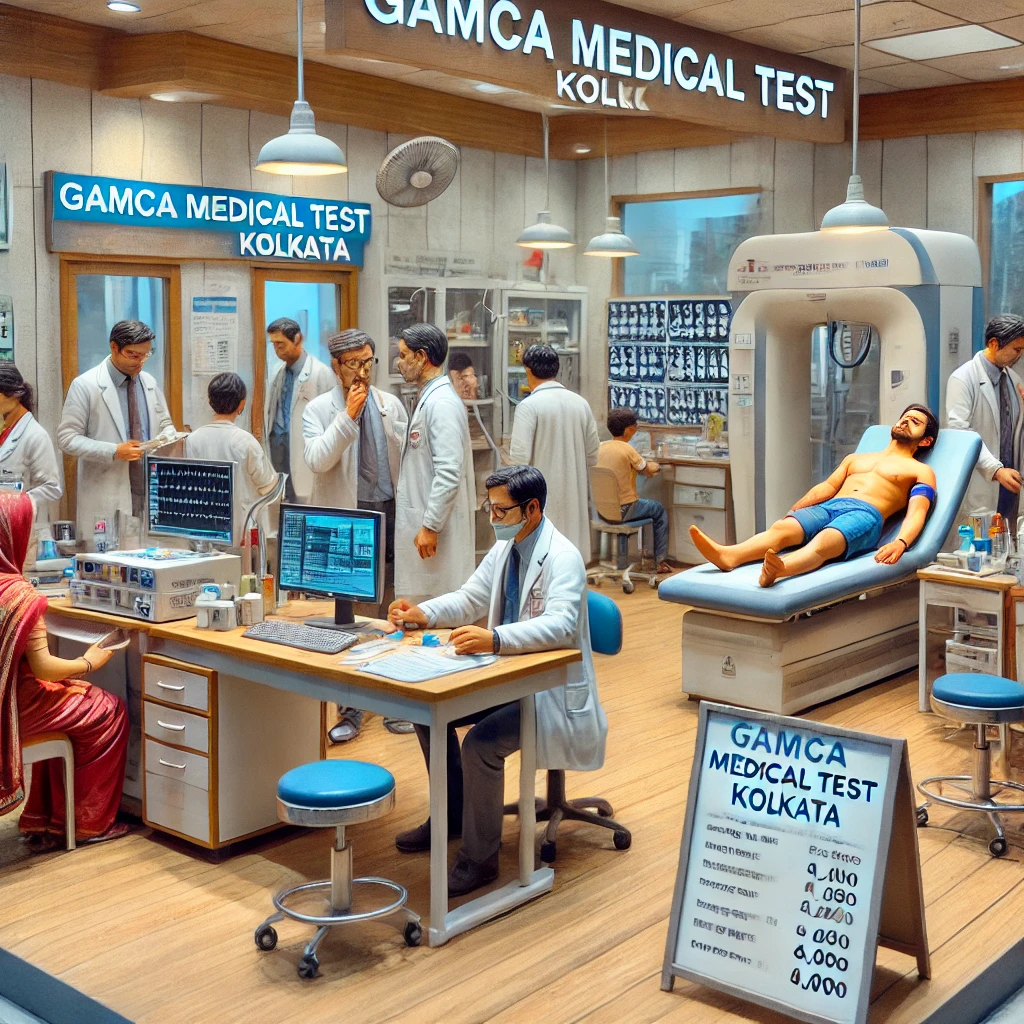Trends and Predictions in GAMCA Testing
The Gulf Approved Medical Centers Association (GAMCA) is entering a revolutionary phase, combining improvements to fulfil the increased need for medical testing for people visiting Gulf Cooperation Council (GCC) countries. With technology at the forefront, GAMCA expects to rethink its processes for improved efficiency and accuracy. Digital platforms are expected to play a key role in expediting appointment scheduling, paperwork submissions, and test result retrieval. Furthermore, artificial intelligence is predicted to improve diagnostic procedures by decreasing human error and ensuring accurate judgments.
GAMCA’s approach to medical testing will prioritize preventive health measures. Comprehensive health checks are anticipated to grow more precise, to identify potential dangers as early as possible. This emphasis on preventive treatment may also result in required vaccinations against certain diseases, safeguarding the overall health of those visiting GCC countries and protecting public health.
GAMCA’s primary focus remains on quality control and standards. Future testing techniques are projected to use automated reporting systems to give faster and more consistent results. Regular audits and demanding accreditation processes will help to increase the credibility and consistency of medical centres in the GAMCA network, assuring uniform service delivery.
Another developing trend is personalized medical testing based on individual risk profiles. GAMCA may tailor its procedures to applicants’ unique needs, taking into account criteria such as age, occupation, and medical history. This personalized strategy will most likely be supplemented by a greater emphasis on emerging diseases, allowing for improved surveillance and readiness for global or regional health risks.
Collaboration with global health organizations is projected to have a substantial impact on the future of GAMCA testing. GAMCA may further improve its procedures by implementing international best practices and modern technologies. Collaborations with these groups may also enable data sharing, improve illness tracking, and contribute to global health projects.
Conclusion
As GAMCA accepts these developments, its medical testing system will become more efficient, accurate, and compliant with global health standards. These modifications will not only make the application process easier for candidates but will also encourage a greater emphasis on public health and safety. The future of GAMCA medical testing demonstrates a dedication to innovation and collaboration, setting the way for a more comprehensive and effective system that benefits both individuals and communities.




